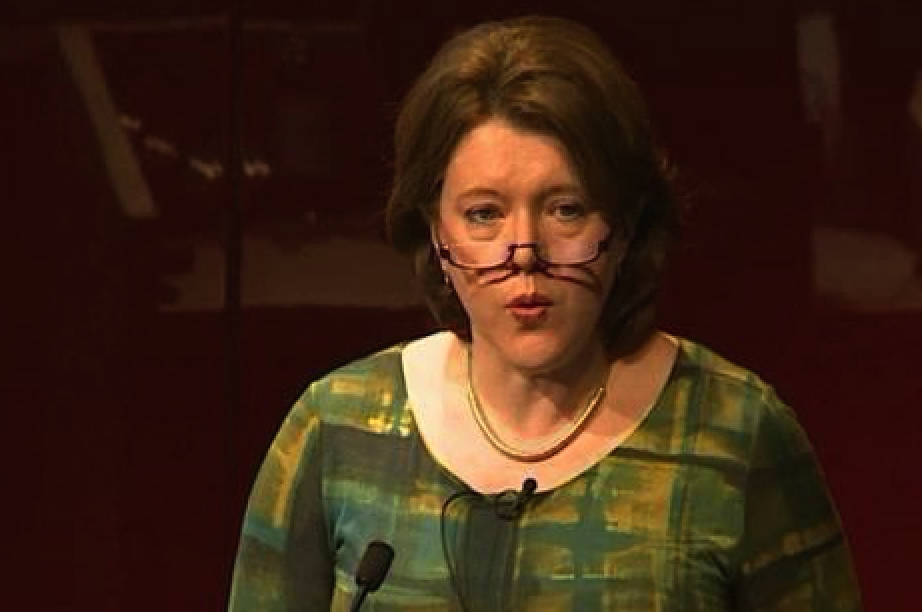Musicals Matter More
/Anna discusses the musicals' place in our cultural climate
The disturbed and murderous cast of Sondheim's 'Assassins'. Source: New York Times
I got frustrated last week reading this article by Maggie Brown in the Guardian claiming that some new musicals are “breaking the traditional feel good musical mould” by exploring deeper and darker subject matter. No matter how hard the genre of musical theatre tries, it still seems to get knocked down by some haters labelling it as farcical, pithy, 'feel good' light entertainment. Yes, many of the musicals Brown puts forward in her article do explore deep themes - London Road and According to Brian Haw, for example - but if these are seen as touching a 'deeper note', then what have shows like Assassins (charting US Presidential assassinations), South Pacific (racism, and the questionable courtship of a very young Liat to the older Cable...), Cabaret (the backdrop of Nazi occupied Berlin), and Parade (a true story of a child's rape and murder and the unfair, antisemitic trial and hanging of a man not guilty of the crime) been doing since as long ago as 1949 (in the case of South Pacific) and well before?!
Musical theatre seems to be collectively tarred with a brush of ‘dross’. Yes, there are some musicals currently playing in London and across the UK whose primary purpose is ‘feel good’ entertainment (and there’s nothing wrong with that), but the same goes for plays, television drama, film and literature, yet these media don't seem to be judged by their colleagues in the way musical theatre does. While these other outputs are split into sub-genres, musicals - particularly on the commercial stage - are not, making people seem surprised when a show like London Road comes along.
Culture Secretary Maria Miller speaking at the British Museum.
Source: artlyst.com
I feel as if musical theatre gets a raw deal in terms of its contribution towards ‘art’, yet its commercial draw is used time and again when arguing the case for cultural economy in this country. Maria Miller's speech on the arts delivered yesterday at the British Museum, her first such speech since becoming culture secretary seven months ago, highlighted the economic case for the arts and referenced musicals at the forefront of her address (because of their dominating West End revenue by around 60% in 2012). It feels as if commercial musicals are bandied around as a glossy, tourist absorbing commodity, perfect for pleasing a Tory government whose concern with the arts is strictly in terms of its monetary value, as opposed to its artistic worth. But why aren’t musicals considered in terms of both their economic and creative value, not to mention their value on well-being?
Musicals hit a deeper note not because of their subject matter, but because of something inherent in their name; MUSIC. Brown quotes theatre director Ben Power in her article saying that, “Music is so hugely accessible, so quick to act”, and it’s that effect, I believe, that accounts for both the economic and artistic draw of the musical. Music and lyrics get to your soul and somehow have a transformative power on your well-being and engagement with a play. This is evident in the rehearsal room at Starling Arts, when our singers come from a day at work and cast off external pressures through song. While our current government won’t ever be concerned with the arts’ social benefits, those of us who are should keep musicals in mind when making these arguments, rather then using them to make economic statements, but abusing them to make creatives ones. Maybe musical theatre is the answer to the perfect marriage between economic, creative and social impact?
The ‘musical theatre skeptics’ I know are always opposed to the singing in a musical, saying that it feels unnatural to sing and to have songs accompany a story, but I have a thought...
I woke up today and put the TV on and people in the programme were at a gig listening to singing. Next door, my neighbour had a workman in doing some jobs on the house, and through the window, I heard him singing. On my train, I could hear the playlist of a fellow passenger through their headphones; they were listening to someone singing. From my desk this afternoon, I heard someone walking down the street in the sunshine, and he was singing. I put on the radio and, you guessed it, there was singing! If singing songs and listening to music to accompany our life - surely the greatest story of them all - is permissible, then why is it sometimes frowned upon as an accompaniment to the stories we tell on stage?
Let us know your thoughts. Leave us a comment below or tweet us @starlingarts




